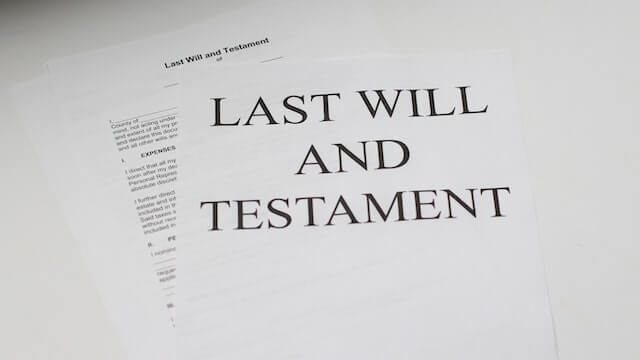Family structures have changed considerably over the years, and it is not uncommon for a person to have children from more than one marriage or de facto relationship. To prevent these changes from complicating family provision claims, the NSW Succession Act 2006 limits claims against a Will to ‘eligible persons’. It also sets out what constitutes an eligible person.
Eligible Persons & Claims Against a Will
The exact wording is found in section 57 the Succession Act 2006 and reads:
The following are eligible persons who may apply to the Court for a family provision order in respect of the estate of a deceased person—
- a person who was the spouse of the deceased person at the time of the deceased person’s death,
- a person with whom the deceased person was living in a de facto relationship at the time of the deceased person’s death,
- a child of the deceased person,
- a former spouse of the deceased person,
- a person—
- who was, at any particular time, wholly or partly dependent on the deceased person, and
- who is a grandchild of the deceased person or was, at that particular time or at any other time, a member of the household of which the deceased person was a member,
- a person with whom the deceased person was living in a close personal relationship at the time of the deceased person’s death.
Note that children of the deceased would include children from previous marriages or relationships. Stepchildren might be considered too, if they lived with the deceased.
Note too that a close personal relationship means a close relationship between two adults who live together, and one or each of whom provides the other with domestic support and personal care. They do not need to be related to each other, and it is also separate to a marriage or de facto relationship. However, it does usually exclude anyone providing care for the person or on behalf of another person or organisation.
Why Make a Claim Against a Will?
There are two primary reasons for making a claim against–or contesting–a Will. The first is that you are an eligible person and were either excluded from the Will, or you feel that the Will did not make adequate provision for you–meaning that your inheritance was insufficient. The court will ultimately decide whether what was given to you is ‘adequate’ or not based on various criteria. Fairness is not considered.
The other reason for contesting a Will is ‘essential validity’ or legitimacy. Validity may be simply a matter of the Will meeting the requirements set out in section 6 of the Succession Act 2006 or it may be more complex, and involves a claimant alleging:
- that the Will is fraudulent,
- that there was undue influence on the testator with regards to specific clauses or bequests, or
- that the testator lacked mental capacity when writing and signing their Will.
Claimants need to be aware that allegations against essential validity of a Will cannot be made speculatively. You need to provide evidence supporting the claim. When it comes to mental–or testamentary–capacity, this may mean providing medical records and/or the testimony of anyone who witnessed the willmaker at or around the time they drew up their final Will.
The experienced solicitors working in all three of Nash Allen Williams & Wotton’s offices can advice and assist claimants on all matters relating to challenges to Wills and family provision claims. From assessing your eligibility and the nature of your claim, through to working with the executor of the Will to try to resolve the claim through mediation. And if this is not successful, they will then work with you to take your claim to court, even if Probate has already been granted.


